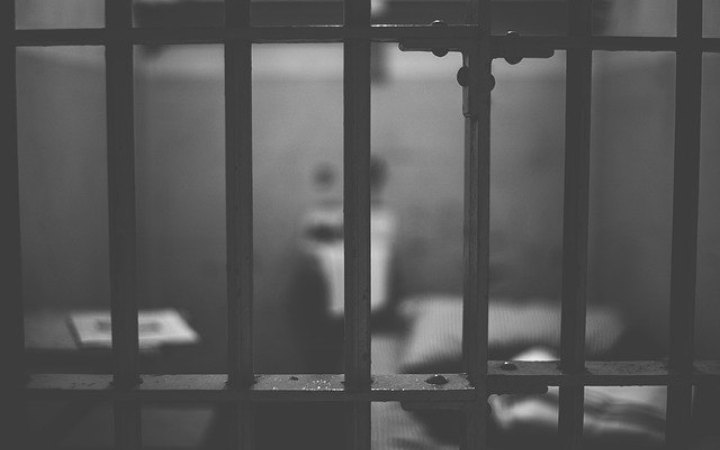Russia is holding thousands of civilian Ukrainians in colonies in the occupied territories, as well as on its own. They were detained during "filtration" or simply on the streets for opposing the SVO - the Russian invasion. These prisoners are being tortured, have no official charges, no trials and no release dates, so it is almost impossible to find them, and there are no mechanisms for their release, the BBC's Russian-language bureau said in a report.
The Geneva Convention, which Moscow lies about observing, prohibits taking civilians hostage. It refers to captivity only in relation to the military, while for civilians it mentions "detention", which should take place in accordance with the laws of the country in which it takes place.
According to lawyer Polina Murygina, who created the Every Human Being project to search for civilians in Russian colonies, the Russians claim that they "do not accuse or suspect" civilian Ukrainians of anything, "they are simply detained for opposing the SVO."
Russian law provides for detention pending a court decision for 48 hours, subject to the execution of protocols. In the summer, this period was increased to 30 days for detention under martial law, which the occupiers "imposed" on the occupied territory, with the exception of Crimea. However, 30 days is only for those whom the occupiers consider guilty of a serious crime or violation of the prohibitions they have imposed.
"However, the time, place and grounds for the 'detention' of Ukrainians by the military are often not formally recorded anywhere, no criminal or administrative cases have been initiated, no investigation is underway," the court decisions, which the BBC has seen, say. The person simply disappears. And it is very difficult to even find him in this system, let alone get him out of it," the journalists write.
Lawyer Maria Eismont said that in most of the cases she knows, Ukrainian prisoners of war and civilians were held in different places. Those who are held without charges do not have access to lawyers.
The Russian army and the FSB detain Ukrainians in all occupied territories. According to Anastasia Panteleyeva, an analyst at the Media Initiative for Human Rights, a person can be arrested just because their windows overlook an area important to the occupiers.
The prisoners whom the journalists managed to talk to say that they were treated as subhumans in the colony. One of the released Ukrainians said that he was beaten, doused with cold water, and that they imitated his execution.
According to the Ministry of Reintegration of the Temporarily Occupied Territories, as of November 2023, 4,337 Ukrainians were held in Russian captivity, including 763 civilians. This is data from the Red Cross, but it does not always have access to places of detention in Russia, let alone the occupied territories.
Human Rights Ombudsman Dmytro Lubinets said that 25,000 people are actually considered missing. A significant number of them may have been abducted by Russians, but he did not give an exact figure. Lubinets said that abductions in the occupied territories continue.
"According to the Finding Our Own project, there may be about 7,500 Ukrainians in Russia and the occupied territories.
Human rights activists in Ukraine and the Russian Federation managed to identify "more than 30 colonies and detention centres from which there were reports of civilians being held there. But there is no access to such people".
Lawyer Leonid Solovyov suggested that there was no "special purpose" in the abduction of civilians - the occupiers simply took away anyone who seemed suspicious to them. However, releasing civilians would mean admitting that they were held without any reason, i.e. admitting a mistake. "This is not practiced in Russia," he said.
Sometimes you can find out that a person has been abducted by the occupiers thanks to the few Ukrainians who have been released. They recall the names of people they were imprisoned with.








